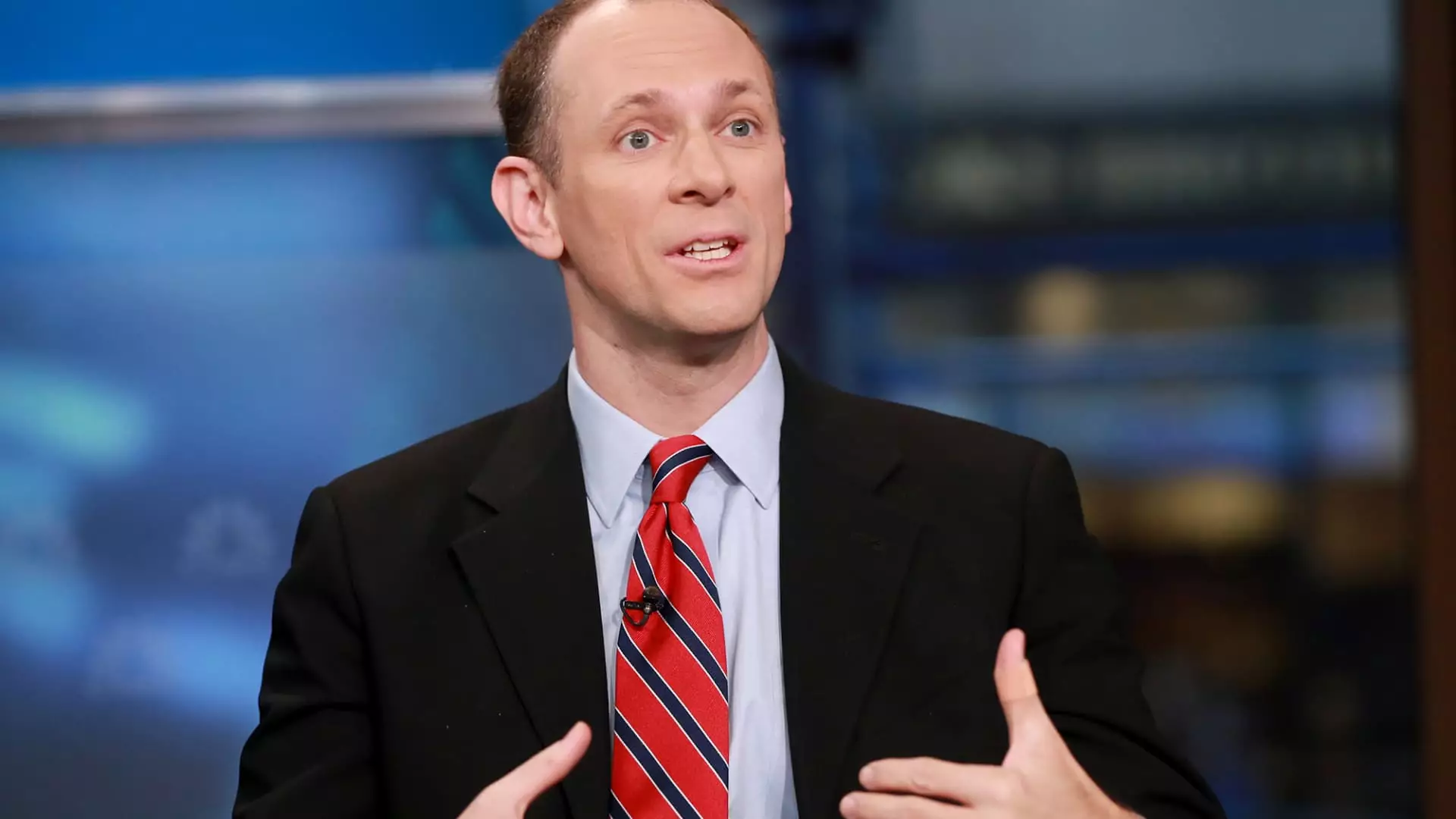The efficacy of the Federal Reserve hinges on its independence, a principle that many Americans may take for granted. As we observe increasingly audacious rhetoric from elected officials, particularly claims from former President Donald Trump regarding Jerome Powell’s stewardship, it is crucial to remember that meddling in monetary policy can have truly catastrophic consequences. The unwavering belief in the Federal Reserve’s autonomy has been the backbone of economic stability and growth in the United States since its inception. Anything that threatens this independence poses significant risks to our economic landscape.
The Inflation Scare: A Consequence of Political Pressure
When political figures exert pressure on the Fed, the immediate result can often lead to a crisis of confidence. Austan Goolsbee, the President of the Federal Reserve Bank of Chicago, expressed grave concerns about this in a recent statement. He asserted that such interference can almost certainly lead to higher inflation rates, as the institution may shy away from making necessary decisions during difficult economic times. The implications of this are dire; when inflation rises unchecked due to political meddling, it doesn’t just affect prices—it undermines the long-term economic health of the nation.
Inflation isn’t just a number; it represents the purchasing power that evaporates from consumers’ wallets. Families struggle to balance their budgets, leading to less disposable income and, consequently, a drop in consumer spending. This chain of events impacts businesses, slows growth, and eventually results in higher unemployment. This cyclical conundrum is not merely theoretical; history shows us that nations where central banks lack independence often face rampant inflation and stagnant economic conditions.
The Threat to Employment
The potential for increased unemployment and dwindling growth as a result of weakened Fed independence cannot be overstated. Every economist worth their salt understands that a robust, independent central bank is vital for maintaining stability in the labor market. When politicians push for short-term gains, the repercussions can linger for years, as businesses become hesitant to invest or expand when monetary policy lacks an air of credibility. Employees suffer when firms are cautious, leading to fewer job opportunities and less wage growth.
In contrast, a central bank that operates free from political pressures fosters an environment where businesses can thrive. The signal sent to the market is clear: monetary policy will not be diverted for transient political aims, allowing the private sector to feel secure enough to innovate and grow.
Restoring Trust in the Economic System
Trust in the institutions that govern our economic system is paramount. The credibility of the Federal Reserve has taken a beating as critiques grow louder. If the public believes that monetary policy can be swayed by political whims, the resulting uncertainty could deter investment and savings, breeding a culture of economic anxiety. Far from serving any political agenda, the preservation of Fed independence lies in the collective interest of American citizens.
As the political climate remains heated, voices like Goolsbee’s must be amplified. Advocating for preserving the Federal Reserve’s autonomy isn’t just about protecting an institution; it’s about safeguarding the economic well-being of the citizens it serves. The dangers of a weakened central bank are all too apparent; they threaten livelihoods, savings, and the very fabric of our economic system. It is high time we recognize this and advocate fiercely for the essential independence of the Federal Reserve.

